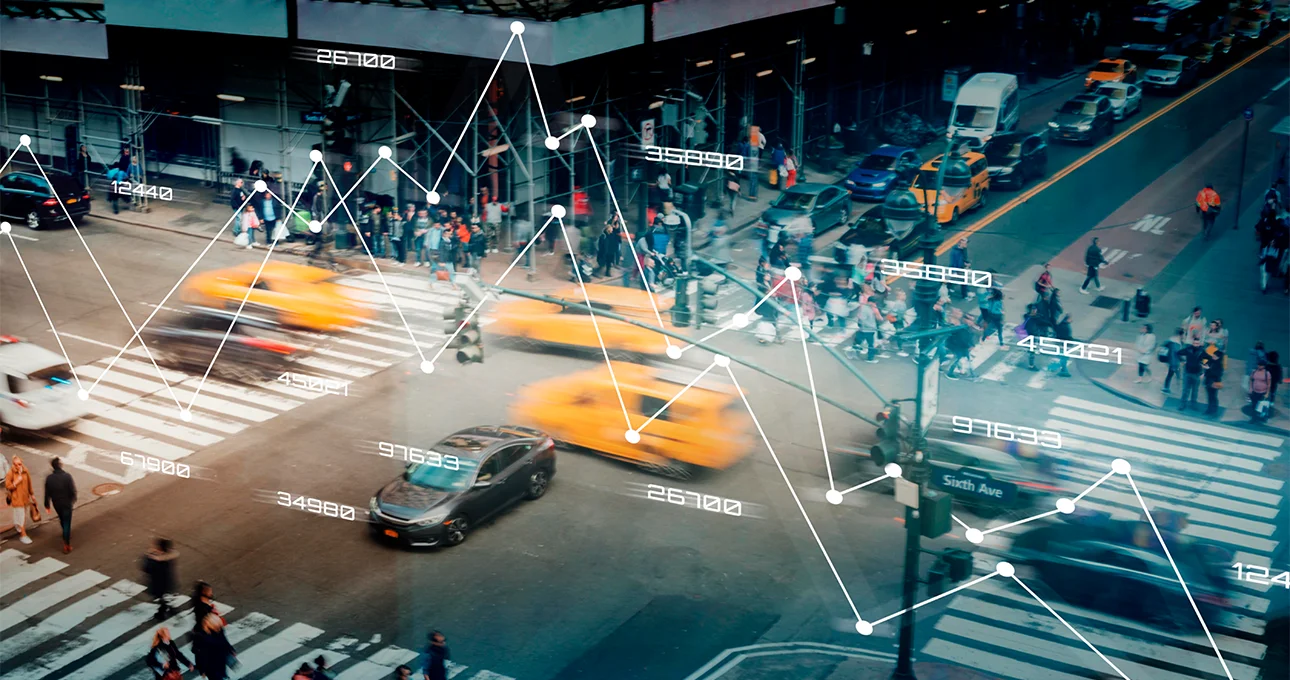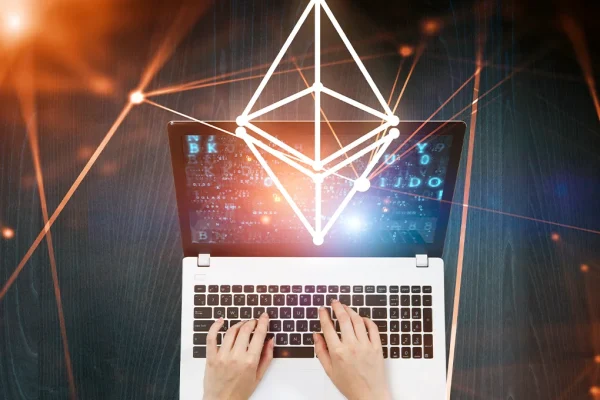New Delhi-based RoadVision AI is transforming how roads are inspected and maintained through its automated, data-driven platform. Leveraging technologies like computer vision, generative AI, GIS, and digital twins, the startup enables real-time detection of road defects, safety issues, and maintenance needs, replacing traditional manual surveys with intelligent automation.
Outdated Road Surveys Get a High-Tech Makeover
Conventional road inspection methods rely heavily on manual labor. Inspectors walk or drive slowly along roadways, spotting issues like cracks, potholes, and worn-out markings using basic tools. These manual assessments are slow, expensive, inconsistent, and prone to human error.
“Inaccurate data, high operational costs, and delayed repairs are the norm in traditional road inspection,” explains Hardik Dave, founder of RoadVision AI. “Our goal is to change that with scalable, AI-powered automation.”
The Spark Behind RoadVision AI
Dave’s experience in consulting for infrastructure and smart city projects exposed the inefficiencies in conventional survey methods. Driven by the urgent need for road safety—especially as road accidents remain a top cause of death among Indian youth—he launched RoadVision AI in January last year. With an initial bootstrapped investment of ₹65 lakh, the startup has grown into a 12-member team with operations across four countries.
How RoadVision AI Works: From Satellites to Actionable Insights
The SaaS platform follows a streamlined, three-step workflow:
Data Collection
Satellite imagery (via UP42) offers a macro-level view of road networks, identifying areas that require closer inspection. Ground-level data is captured through geotagged videos using smartphones, dashcams, drones, and survey vehicles.
Data Processing and Analysis
All video and sensor data is automatically uploaded to the cloud, where AI algorithms identify defects, assess road furniture, and flag potential safety risks. The platform mimics how a road engineer would evaluate different contexts, such as road type or traffic density, to offer relevant recommendations.
Data Visualization
Insights are presented through Google Maps-like dashboards, color-coded to indicate road conditions—good, average, or needing urgent attention. These visual tools are tailored for government agencies, urban planners, and infrastructure authorities.
Business Model: B2B SaaS with Global Clients
Operating on a B2B and B2G subscription model, RoadVision AI charges approximately ₹1,000 per kilometer of data processed. Its platform delivers over 95% accuracy, as validated through 20+ pilot projects covering hundreds of kilometers in multiple geographies.
Clients include state governments, smart city agencies, and civic bodies like the Raipur Municipal Corporation. According to Dave, the platform reduces maintenance costs by up to 60% by eliminating the need for manual surveys and expensive hardware.
Global Reach and Growth Plans
Beyond India, RoadVision AI is active in Saudi Arabia, Australia, and the UK. It is now expanding into Latin America, with over 100 project leads in the region. The company forecasts $2.5 million in revenue in FY24, with around 30% coming from the Indian market.
Competitive Edge in AI-Driven Road Management
While several Indian startups—including Nayan AI, RoadMatrics, and Staqu—operate in this space, RoadVision AI sets itself apart by offering end-to-end automation, from data capture to diagnostics and decision-making. It’s not just about finding potholes—it’s about delivering a comprehensive road health report, ready for real-world implementation.
What’s Next: IoT Integration and Smarter Cities
Looking ahead, RoadVision AI plans to integrate IoT sensors with its existing satellite data models for real-time road condition monitoring. It also aims to expand into road planning, design optimization, and proactive safety management.






















